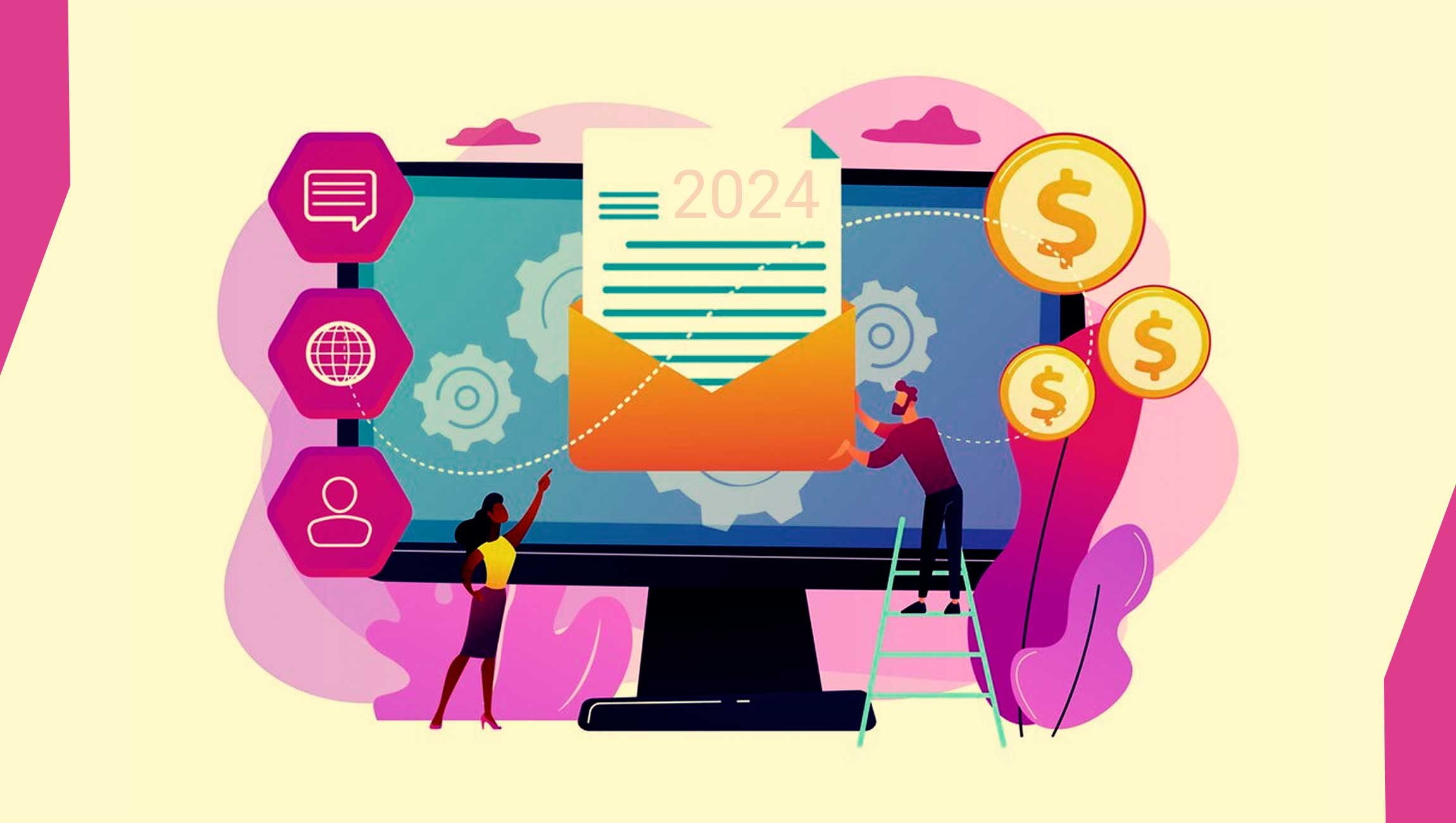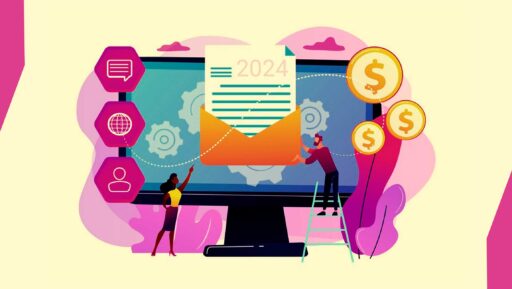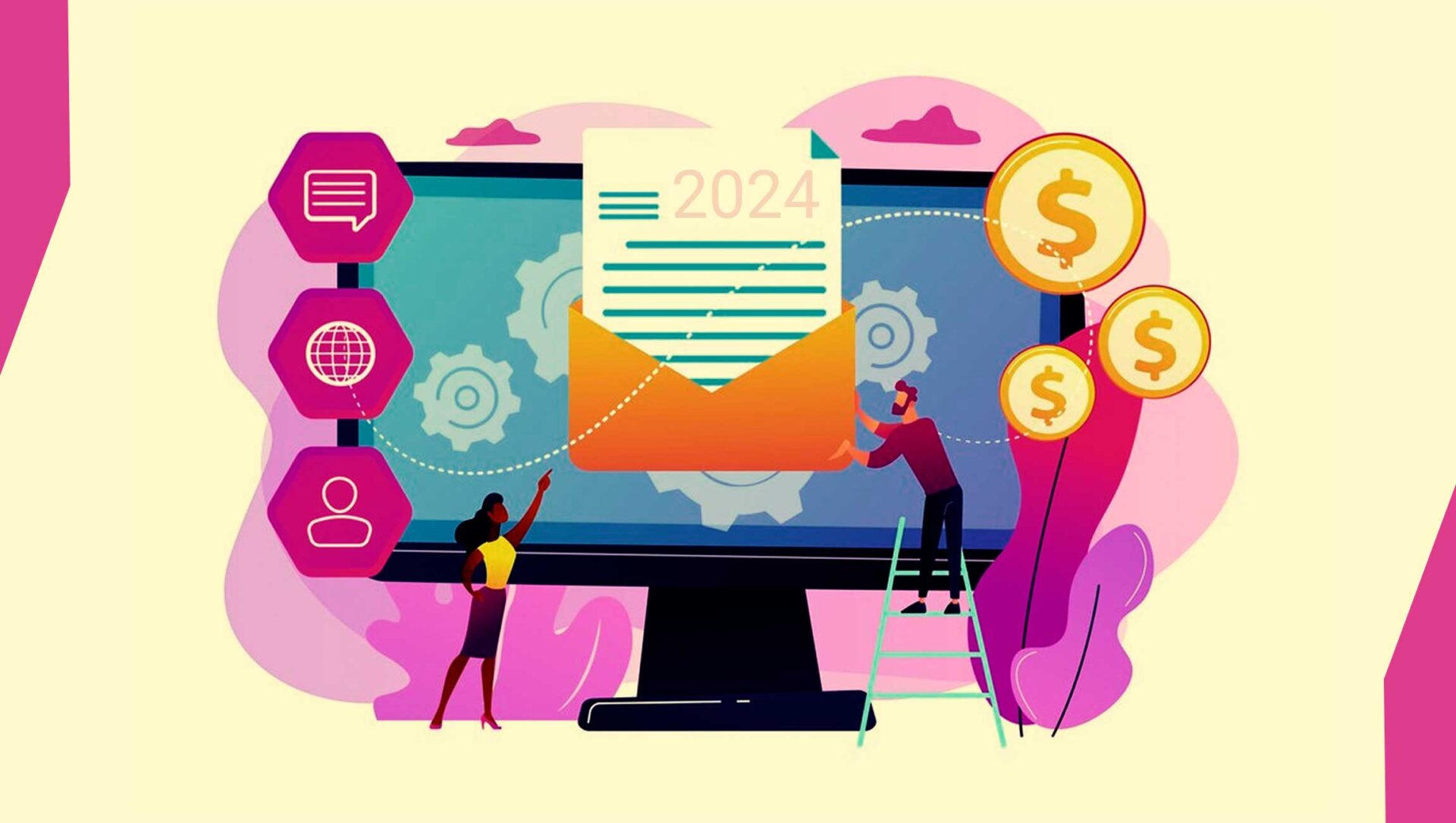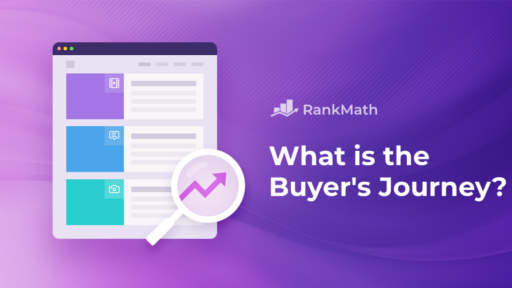Originally Posted on MarTech Series by MTS Staff Writer

Email marketing stands as a dynamic and indispensable tool in the marketer’s toolkit. In a world inundated with fleeting digital interactions, it carves a niche for itself by offering a direct and personal channel of communication. Its efficacy lies in its ability to foster a one-on-one conversation with the recipient, making each message feel tailored and relevant.
In 2024, as digital landscapes evolve, email marketing continues to thrive by adapting to new trends, integrating with advanced technologies, and maintaining a stronghold on customer engagement. It’s not just about sending messages; it’s about creating a connection, one email at a time. With its ability to nurture relationships and drive action, email marketing remains a potent force in the realm of digital marketing.
Harnessing the Power of Email Marketing for Business Growth
Email marketing, a cornerstone in digital strategy, offers a unique blend of reach, engagement, and cost-effectiveness. In the fast-paced digital world of 2024, it remains an invaluable tool for businesses aiming to connect personally with their audience and drive conversions.
1. Direct and Personal Communication:
Email allows businesses to speak directly to consumers, fostering a sense of personal connection. Customized content makes each recipient feel valued, enhancing customer relationships and loyalty.
2. Cost-Effective Medium:
With minimal investment, businesses can reach a large audience. Email marketing offers a high return on investment, making it an ideal strategy for small and large businesses alike.
3. Measurable Results:
One of the key strengths of email marketing is its measurability. Businesses can track open rates, click-through rates, and conversions, providing valuable insights into customer preferences and behavior.
4. Increased Reach:
Nearly everyone has an email address, and most check their email daily. This wide reach makes it a powerful channel to communicate with a broad audience.
5. Segmentation and Targeting:
Email marketing allows for the segmentation of the audience based on demographics, interests, or past behavior. This targeted approach ensures relevant content reaches the right people, increasing the chances of engagement and conversion.
Marketing Technology News: MarTech Interview with Jackie Paulus Sr. Dir of Marketing at VidMob
Mastering the Art of Email Marketing: Conversion Strategies for 2024
As we approach 2024, the art of writing marketing emails that convert is more crucial than ever. In a digital era where inboxes are battlegrounds for attention, crafting emails that not only engage but also convert requires strategic finesse. Here are top tips to elevate your email marketing game:
1. Subject Line Savvy:
Your subject line is the gateway to engagement. It should be compelling, clear, and intriguing. Avoid generic phrases; instead, opt for personalized, action-oriented language that piques curiosity.
2. Personalization is Key:
Go beyond ‘Dear [Name]’ and tailor content based on user behavior, interests, and purchase history. Personalization increases relevance, fostering a stronger connection and a higher likelihood of conversion.
3. Compelling Content:
Your email should offer value. Whether it’s informative, entertaining, or promotional, ensure the content resonates with your audience’s interests and needs. Use a conversational tone to make your message more relatable and engaging.
4. Mobile Optimization:
With the majority of emails opened on mobile devices, ensure your emails are mobile-friendly. This includes responsive design, readable fonts, and easily clickable links.
5. Strong Call-to-Action (CTA):
Your CTA should be clear, compelling, and easy to find. Use action-oriented language that encourages readers to take the next step, whether it’s making a purchase, signing up for a webinar, or downloading a guide.
6. Segmentation for Precision Targeting:
Segment your email list based on demographics, behavior, or purchase history. This allows for more targeted and relevant messaging, increasing the likelihood of conversion.
7. Timing and Frequency:
Find the optimal time to send your emails when your audience is most likely to engage. Also, balance the frequency of your emails to avoid overwhelming your subscribers while keeping your brand top-of-mind.
8. A/B Testing:
Continuously test different aspects of your emails (like subject lines, content, and CTAs) to see what resonates best with your audience. This data-driven approach helps refine your strategy for better results.
9. Visual Appeal:
Incorporate visuals that complement and enhance your message. Images, infographics, and videos can break up text, making your email more engaging and memorable.
10. Analytics and Adaptation:
Use analytics to track the performance of your emails. Analyze open rates, click-through rates, and conversions to understand what works and what doesn’t, and adapt your strategy accordingly.
Charting the Future Path of Email Marketing Success
As we look ahead, the future of email marketing lies in embracing innovation while upholding the essence of personal connection. The key will be to integrate emerging technologies like AI for smarter segmentation and personalization, ensuring content relevance. The focus should shift towards creating interactive and engaging email experiences, leveraging multimedia elements to captivate and hold the audience’s attention. Emphasizing user privacy and consent will become paramount, fostering trust and long-term customer relationships. By staying adaptable, focusing on delivering value, and leveraging data-driven insights, email marketing is poised to remain a vital, evolving tool in the marketer’s arsenal, driving meaningful conversions in the digital landscape.
Marketing Technology News: Understanding Gen Z Audiences: What Marketers Need to Know?






